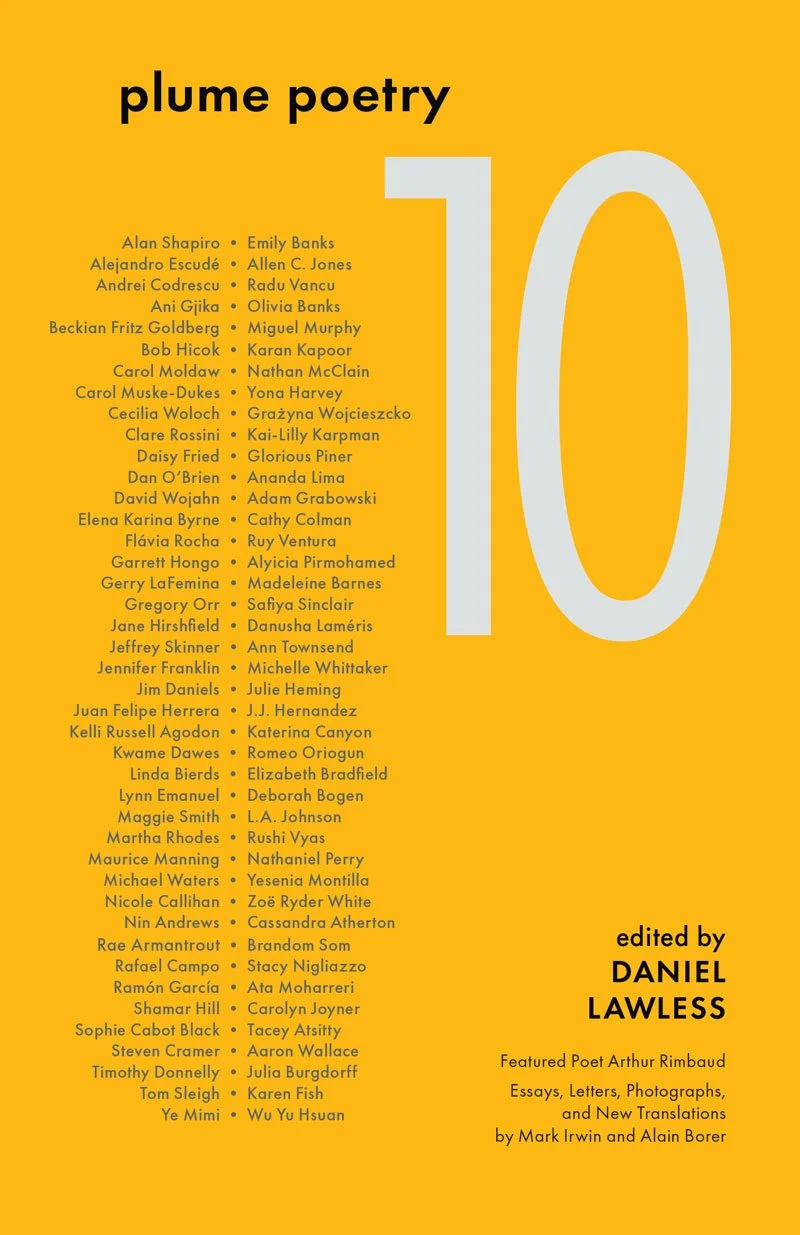The Table
My father comes home a few minutes after midnight. He keeps the keys to his shop and motorcycle on the table. He removes his helmet and keeps it on the table. All light that chased him, followed him in as he opened the door — he collects without prejudice, keeps it on the table. Hoping for relief, he deposits his knife, anger, fog next to the light. He opens his hands and the rivers that flow out of his palms find rest on the table. He takes out a pack of Gold Flake from his pocket and tosses it in the colossal river. On Tuesdays he brews dreams for dinner, shakes his head, spills them on the table. He ribbons out on the table his sleep and the table does not creak. He unchains an old watch inherited from his father, docks it by a puddle of sweat. He takes off his shoes and socks, plucks the book of ruins from the table, walks to the bathroom. I am standing here wondering how the table looks so clean.
Bob Hicok’s Introduction
Karan reads poems to the Ganges. The Ganges carries them downstream and plants them in the earth. The earth grows flowers that look like mouths. Lonely people kiss the flowers and feel wanted. Karan's name comes from the Sanskrit word "karna," which means ears. His name is a good listener and his poems help me hear a world that I recognize but don't inhabit. All of our worlds are like that, populated by exactly one person stuck between what they have and what they believe they are missing. I love this table, that it holds the full weight of how Karan sees his father. I love the chasing and the following light. I love lists and I love this list for staying true to itself and for changing as it goes. The book of ruins should be everyone's bathroom reading. I am sitting here wondering why the best poems appear to have written themselves.
